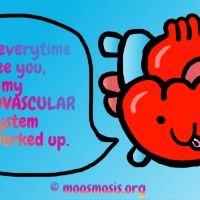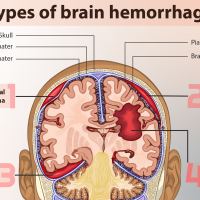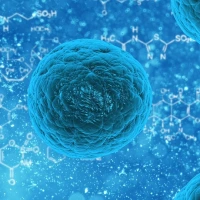You probably go to sleep most – if not all – nights. You probably have dreamt during many of these nights. And you might feel rested every time you go to sleep. Yet did you know about the complex mental processes that happen every time we go to sleep?
What is sleep?
Sleep is a state of decreased awareness of environmental stimuli. Chemical messengers that transmit signals from one one neuron to another, known as neurotransmitters, act on neurons in our brain in order to control when we are awake or asleep. Yet while we are sleeping, neurotransmitters produced by our brain stem keep our brain active

Stages of sleep:
Humans have two types of sleep:
REM: Rapid eye movement
During REM humans will experience bursts of eye movement. To an electroencephalogram (EEG) – which monitors the brain by evaluating electrical activity- the brain will seem to be awake because the patterns shown by the EEG are similar to those of a human that is awake.
NREM: Non-rapid eye movement
This is also called orthodox sleep, where the brain appears calm to EEGs, and rapid eye movement doesn’t occur. This accounts for approximately 75% of normal sleep time.
An entire sleep cycle will usually last around 90 to 110 minutes. As the night progresses, the time spent in REM increases while time spent in deep sleep decreases.
There are four stages of sleep:
Stage 1: (NREM 1)
This is light sleep, in which we drift in and out of sleep and can easily be woken up. Eye movement is very slow and many people experience sudden muscle contractions.
Stage 2: (NREM 2)
In this stage our eye movement stops and our brain waves become slower, but occasionally we experience sleep spindles, which are sudden bursts of rapid waves.
Stage 3 and 4: (NREM 3 and 4)
In stage three, delta waves -slow brain waves – begin appearing; yet we still experience occasionally faster and smaller waves. In stage 4 our brain produces nearly entirely delta waves.
These stages are called ‘deep sleep’ and it is hard to wake up someone during these stages. The EMG -which records movement and muscle tone during sleep- also shows that as these stages progress, our muscle tone decreases.
REM
Brain waves are similar to NREM 1. This is the stage where we dream. Limb muscles become temporarily paralyzed, our heart rate increases and our breathing quickens.

Why do you need to sleep?
- Sleep may help our body conserve energy that the immune system needs, thus allowing it to function .
- Sleep strengthens neural connections in the long term memory and will also strengthen our muscle memory
- Sleep repairs our heart vessels
- Sleep helps you pay attention, make decisions and control our emotions
- Sleep deprivation increases the risk of obesity
- REM sleeps helps people be more creative
- Without sleep, our neurons become depleted and are unable to function
- Sleep deprivation causes us to be unable to concentrate, and extended deprivation might cause hallucinations and mood swings.
- During sleep our brain releases growth hormones in children and young adults
How many hours of sleep should you get?
The amount of time you should sleep varies from person to person depending on factors such as age.
Infants: infants need about 16 hours of sleep per day
Teenagers: teenagers usually require around 9 hours of sleep each night.
Adults: most adults seem to need 7 to 8 hours of sleep. Yet many adults may only require around 5 or 6 hours, while others might need 12 hours.
The amount of sleep you need also depends on how much you have been sleeping on previous days. If you don’t sleep enough, your body will eventually need to sleep for a longer period.

Works Cited
- ASA Authors & ReviewersSleep Physician, and American Sleep Association Reviewers. “What Is Sleep and Why Is It Important?” American Sleep Association, http://www.sleepassociation.org/about-sleep/what-is-sleep/.
- Mandal, Ananya. “What Is Sleep?” News, 30 Jan. 2020, http://www.news-medical.net/health/What-is-sleep.aspx.
- “Sleep Deprivation and Deficiency.” National Heart Lung and Blood Institute, U.S. Department of Health and Human Services, http://www.nhlbi.nih.gov/health-topics/sleep-deprivation-and-deficiency.
Copyright © 2021 Moosmosis: All Rights Reserved
All rights reserved. This essay or any portion thereof may not be reproduced or used in any manner whatsoever without the express written permission of the publisher.















Great essay
LikeLiked by 1 person